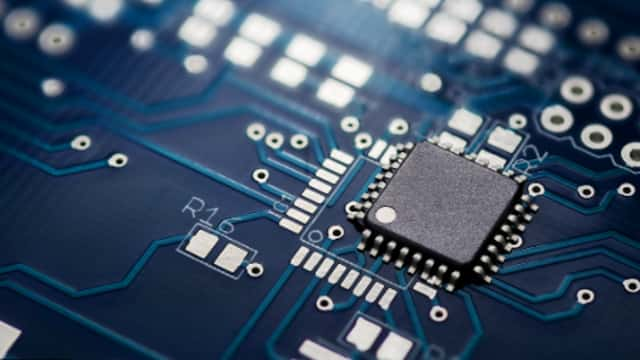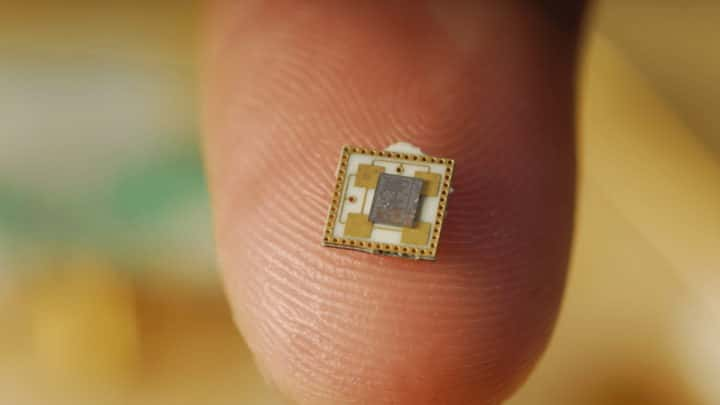Computer chips typically take months and months to plan and build. The The Google It worked for decades in such a way as to reduce the time spent on this task. But did the company manage to reduce it for how long?
Using the power of artificial intelligence, Google has managed to reduce the manufacturing time of these chips to 6 hours!
pub
Google says it has developed a way to create computer chips, using "reinforcement learning", in just 6 hours. If we look at the ordinary, it will take months to create these chips.
The chips that Google develops artificial intelligence (AI) are the same, and perhaps even better, than those that can be made by humans.
artificial intelligence hack
In the first stage, Google search is used for the company's Tensor Processing Unit (UPT) chips, which are optimized for AI computing. Thus, Google's AI method of designing chips can eventually be used to improve and accelerate the development of artificial intelligence in the future.
Our method has been used to design Google's next generation of AI accelerators, and has the potential to save thousands of hours of human effort for each new generation.
The team said.
The big breakthrough is that Google's AI method can be used to plan slides. This challenged automation, and required months of intense effort on the part of physical design engineers to produce manufacturing blueprints.
Lots of work involved
The team "trained" their AI system by giving it a timeline of 10,000 slices so it could tell what was "right" and what was "wrong".
As a result, our method uses prior experience to become better and faster at solving new problem cases, allowing the chip to be designed by synthetic agents with more expertise than any human designer.
The team said again.
Expectations are high for semiconductor chips, in particular.
There has been a lot of work going on on 'semiconductor projects' lately. For example, recently There was a "major breakthrough in semiconductor design" The world's first 2-nm chip has been created.
But this isn't the only advancement for microchips. A team at MIT, National Taiwan University, has found a way to fabricate semiconductors under the 1 nanometer scale. Absolutely impressive thing.

“Coffee trailblazer. Social media ninja. Unapologetic web guru. Friendly music fan. Alcohol fanatic.”



